Data Masking is a technique employed to protect sensitive information by replacing real data with fictional but realistic data. It is crucial for ensuring privacy and compliance in data management, particularly in industries where data security is paramount.
Data Masking solutions are designed to prevent unauthorized access to confidential information while maintaining its usefulness for testing and development purposes. These solutions enable organizations to comply with privacy regulations by rendering data unintelligible to unauthorized users. Techniques like tokenization, shuffling, and redaction are commonly used in Data Masking to provide flexibility and control over the data obfuscation process. Organizations can efficiently manage compliance requirements with minimal disruption to business operations.
What are the critical features of Data Masking solutions?Financial and healthcare industries often utilize Data Masking to protect customer information during development and testing processes. This solution effectively reduces data breach risks in areas where personal data handling is frequent. In the retail sector, it ensures secure yet meaningful data usage across different regions and compliance with local laws.
Organizations find Data Masking beneficial for maintaining customer trust and legal compliance by keeping sensitive data secure while supporting data-driven operations. It's an effective strategy for safeguarding data without compromising its utility for business purposes.








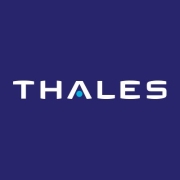

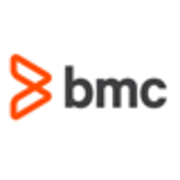



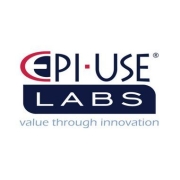
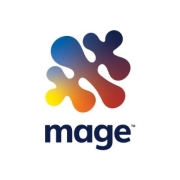



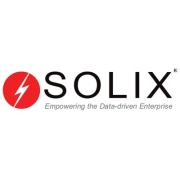


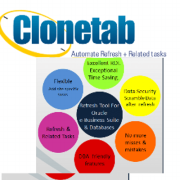

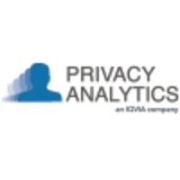










Data Masking in a cloud environment involves creating a facade of data by replacing sensitive information with anonymized values. This ensures sensitive data never leaves the security boundaries. Cloud providers typically offer native services for Data Masking or allow integration with third-party tools. By doing so, you can ensure that data privacy regulations are adhered to without leaking sensitive information during analytics or testing processes.
What are the key benefits of using dynamic Data Masking?Dynamic Data Masking is an advanced method that allows real-time data protection by masking data depending on user access rights. This method ensures that end-users only see what they're authorized to, keeping sensitive data hidden without interfering with database operations. It is particularly beneficial for organizations that need non-intrusive security solutions, enhancing data privacy while maintaining business operations.
Is Data Masking necessary for compliance with GDPR?Data Masking plays a crucial role in compliance with regulations like GDPR by ensuring that sensitive information is not exposed or misused. While GDPR does not mandate the use of Data Masking specifically, employing these techniques demonstrates a commitment to protecting personal data, thereby reducing risk and potential non-compliance fines. You can safeguard personal data during processing and testing, making easier adherence to privacy regulations.
What types of data are commonly masked in enterprise solutions?A variety of data types in enterprise solutions are commonly masked to protect sensitive information. These include personally identifiable information (PII) like names, Social Security numbers, credit card numbers, and healthcare information. Masking this data helps in protecting customers and reducing risks associated with data breaches while also maintaining compliance with different regulatory standards across industries.
Can Data Masking be reversed, and is it secure?In well-implemented Data Masking solutions, masked data is irreversible, which means that the original data cannot be retrieved, ensuring high security. This practice involves transforming sensitive data into a protected variant that maintains the essential properties suitable for testing or analytics. If necessary, controlled access to the original data can be maintained, but reversed only within secure and authorized environments to prevent unauthorized exposure.